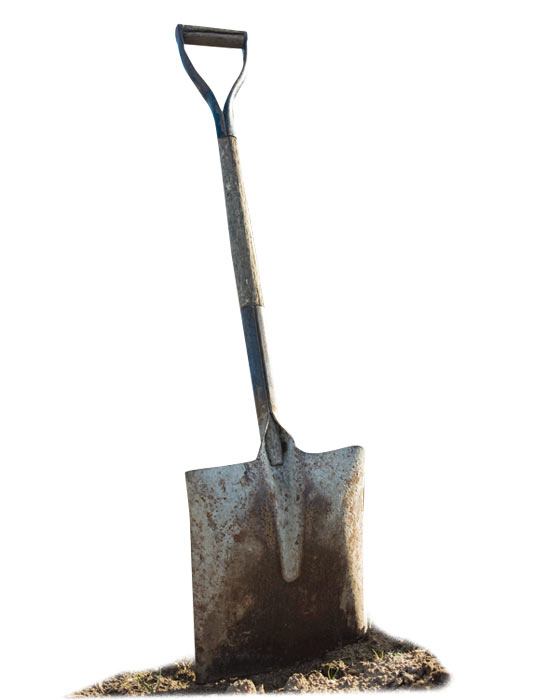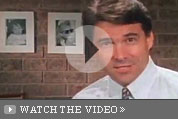
On the Internet, nobody knows you’re a dog—or an opposition researcher. Consider Andrew Kaczynski. The 22-year-old spends most of his time pursuing a history major at St. John’s University. But when he’s not in class or studying, he holes up in his Briarwood studio apartment, plops down in front of his MacBook, and dives into C-SPAN’s extensive online archives. Kaczynski’s hobby is watching old political videos, the most memorable of which he uploads to his YouTube channel. It sounds harmless enough, unless you happen to be a 2012 Republican presidential candidate with a long video record. Then Kaczynski’s hobby can ruin your news cycle, or worse.
Just ask Newt Gingrich, who had to fend off attacks on his small-government bona fides after Kaczynski unearthed video of him offering support for a health-insurance mandate (during an appearance with Hillary Clinton!) back in 2005. Or, better yet, Mitt Romney, whose 2004 lecture on the art of flip-flopping—he was talking about John Kerry, but could have just as easily been talking about himself—showed up on countless political websites, and then in a Jon Huntsman attack ad, after Kaczynski resurrected it. Indeed, the words “via Andrew Kaczynski” may now be the most unwelcome phrase in Romney headquarters. The college student has become something of a specialist at digging up embarrassing videos of the candidate—like the one from Romney’s 1994 Massachusetts Senate campaign in which, going door to door, he greets a woman with the line “I know you haven’t got your makeup on yet, right? Ha ha. You do!” Another find from that same year shows Romney, during an interview with a teen reporter at a town festival, at his most socially awkward. (Q: “How do you like this music behind us?” A: “I like music of almost any kind, including this.”) The damage wreaked by Kaczynski’s work points to an irony of politics in the Internet age. Technological advances have made political campaigns increasingly sophisticated in their methods, with “microtargeted” online ads and text-messaged announcements of running-mate selections. But those same advances have made it possible for such sophisticated plans to be easily upended. That’s because, thanks to the Internet, opposition research—long considered a dark art practiced only by hardened political operatives—can now be done, and done effectively, by amateurs. This presidential campaign is the first one since C-SPAN’s 2010 decision to put its more than 160,000 hours of old video footage online. With that huge cache of political material, all it takes to spread dirt is curiosity and endurance—and then a YouTube channel and a Twitter account.
What it doesn’t require is animus. Kaczynski describes himself as a moderate Republican. “I hate to pick on Mitt Romney—I think he’s the most electable Republican other than Huntsman,” he told me one recent afternoon, a couple of hours after he’d gotten out of his English class. “But because of these perceptions that people have of Romney—that he’s a flip-flopper, that he’s socially awkward—it’s really easy for me to search through video archives and find things that people find entertaining.” Once upon a time, opposition research was designed to score political hits. Now it can just be about scoring page views.

Whose YouTube Moments Will Hurt Them in 2012?
Have good intel? Send tips to [email protected].